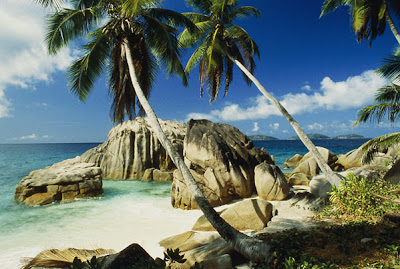Lagos

Africa's second most populous city has grown explosively, from 300,000 in 1950 to an expected 18 million by 2010, when it will be ranked as one of the world's ten largest cities. This happened so quickly that the city had no effective institutions, engineering, planning, or traditions to guide the hypergrowth. Nigeria's booming oil industry fueled it, and it will likely only accelerate, taking Lagos along and drawing even more immigrants from rural areas, as well as from neighboring countries. Overcrowding (averaging six people per room), poor sanitation, air and water pollution, clogged sewers, solid-waste contamination, and staggering traffic fester even as efforts are being made to improve the national and city infrastructures in a time of political turmoil. Residents survive all those conditions and have kept the food supply moving through the efforts of individual vendors who sell their wares in vast outdoor markets. National Geographic More on Lagos: City-Data , Daily...



